Blog > Mastering Object-Oriented Programming: A Must-Know for Freshers
Mastering Object-Oriented Programming: A Must-Know for Freshers
July 26th, 2023
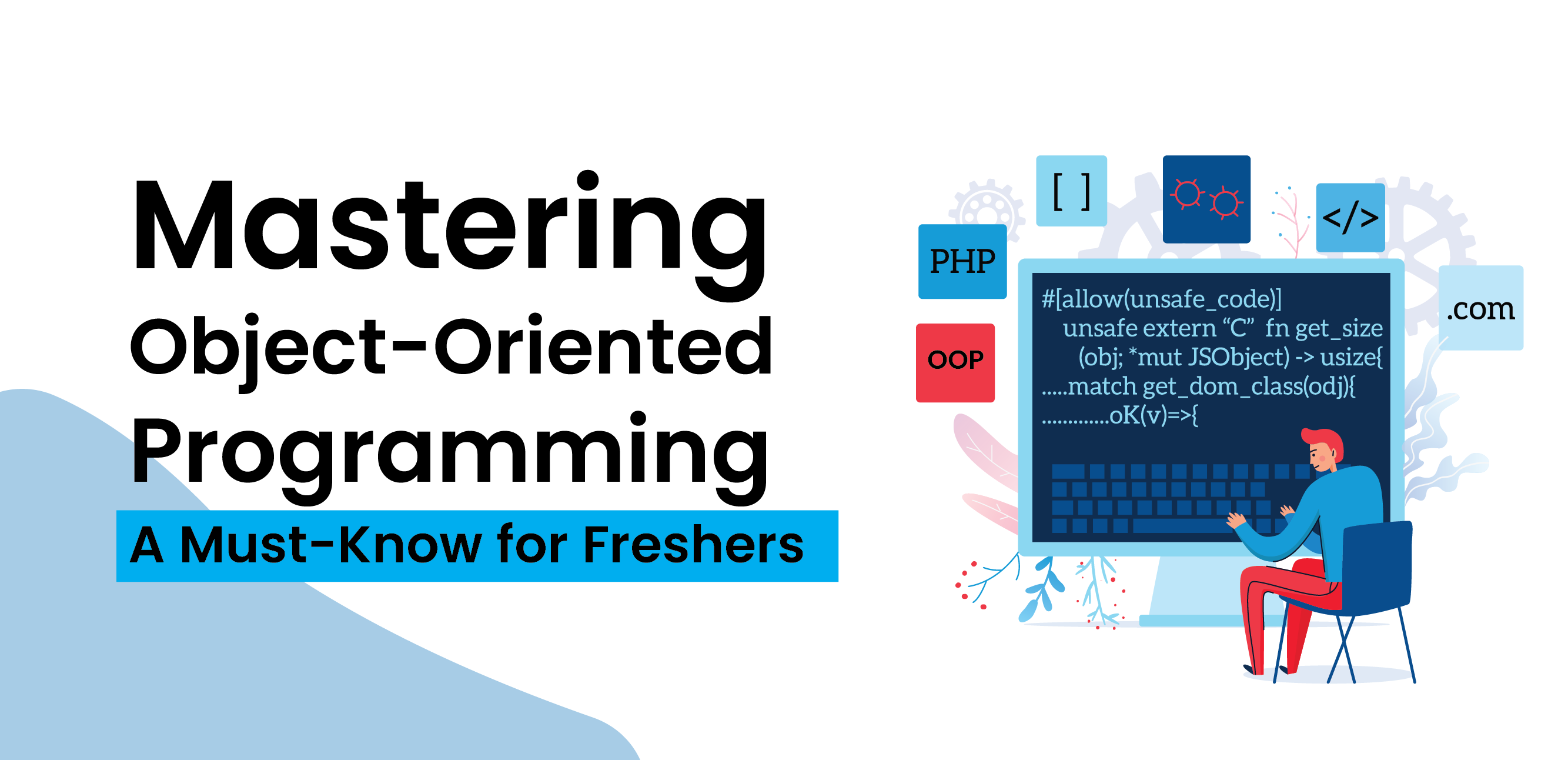
Table of Contents
This blog is specifically designed to demystify OOP and provide you with a solid foundation to master this programming approach.
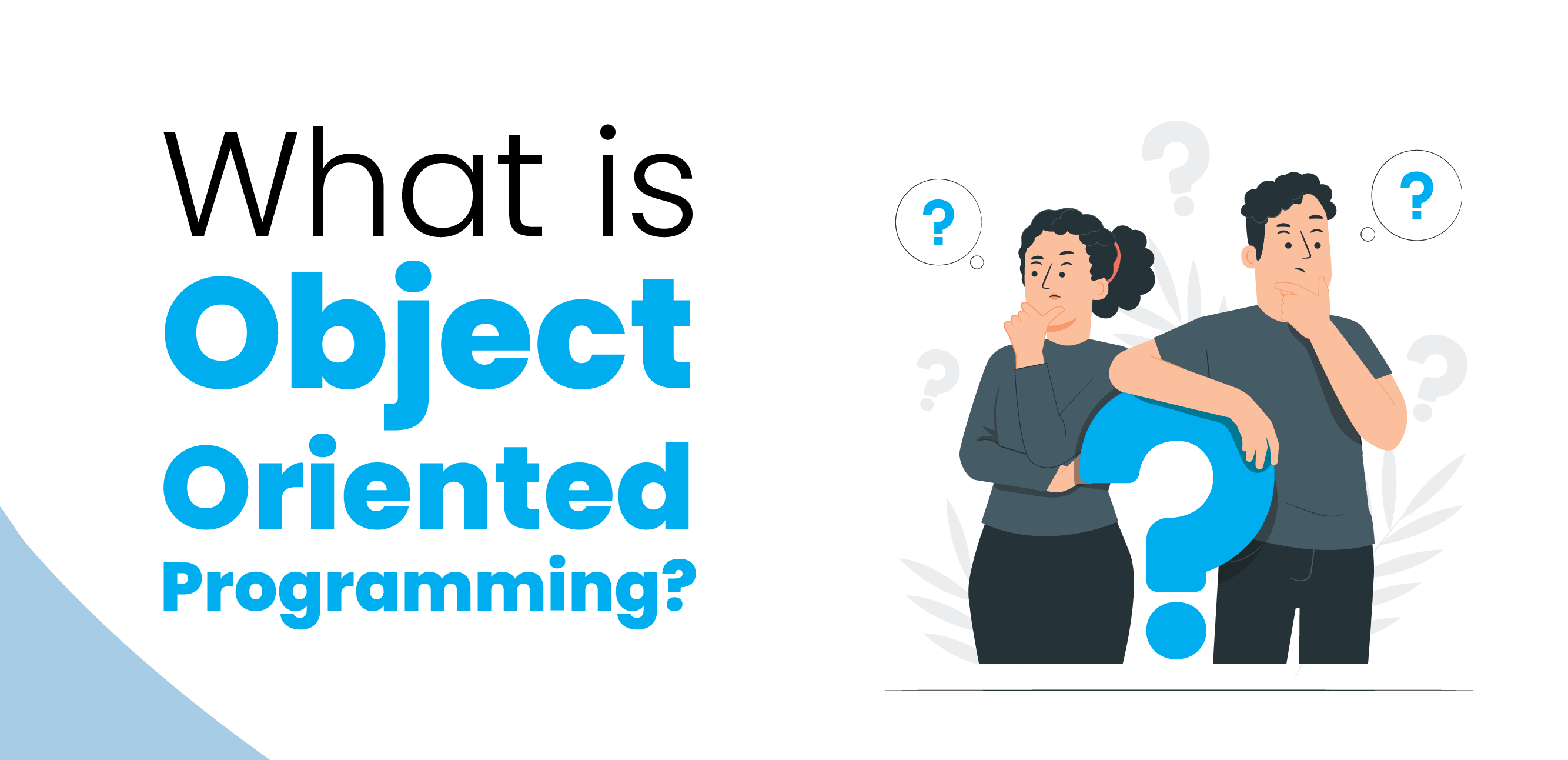
OOP is a programming paradigm that revolves around the concept of organising and structuring the code in a more efficient and modular way. It provides a set of principles and concepts that empowers coders to create software components that are both reusable and extensible. Before we delve into this further, let us understand the building blocks of Object Oriented Programming.
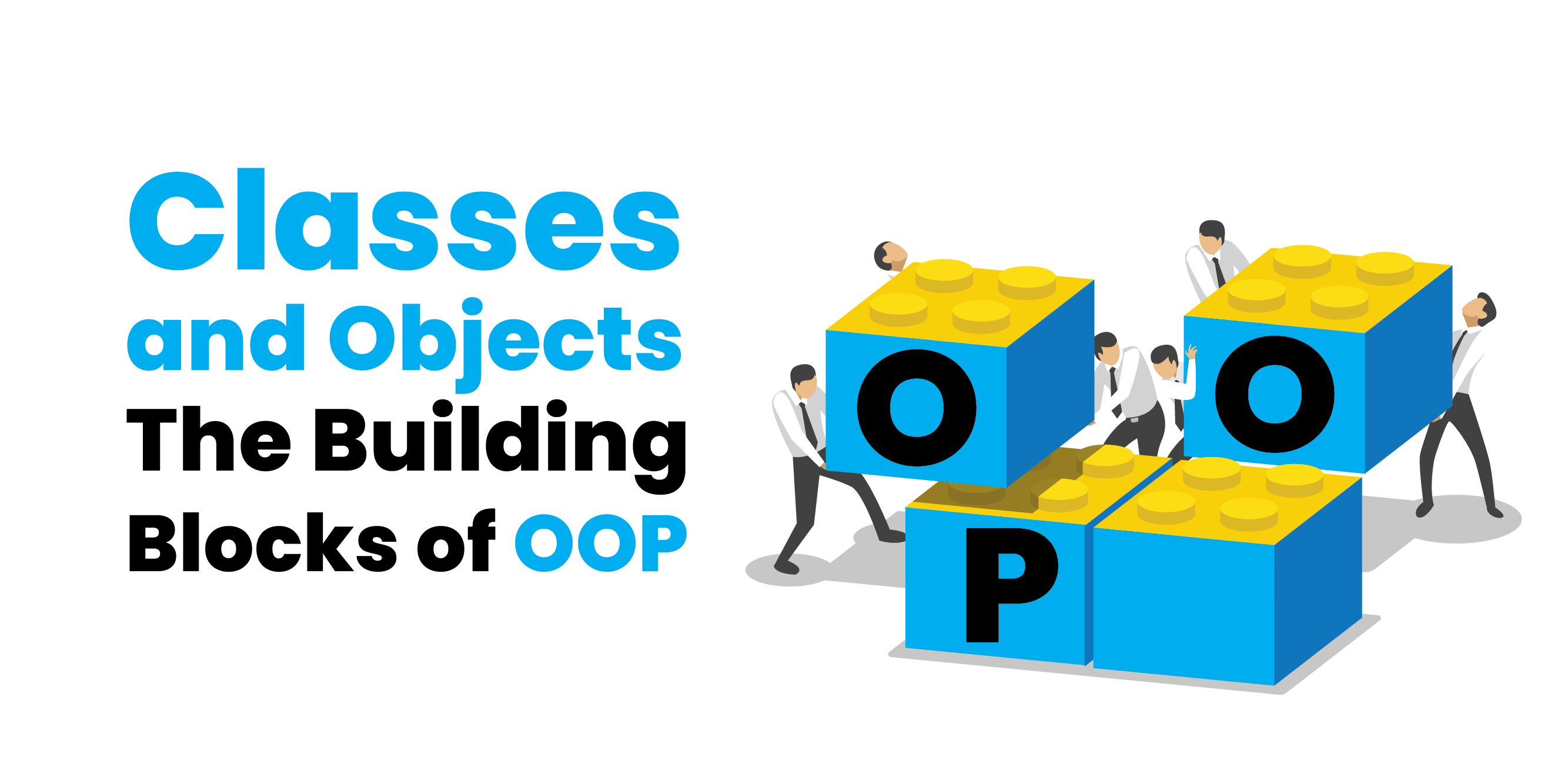
In the world of OOP, a class is like a blueprint that defines the structure and behaviour of objects. It acts as a template for creating multiple instances of objects with similar attributes and methods. An object, on the other hand, is an instance of a class, embodying the attributes and behaviours defined in that class.
For instance, consider a class called Pen. We will define two attributes associated with the class Pen - Color and Type. There are also things that a Pen can do, like Write(), Sketch(), Highlight(). These functionalities are tied to the Pen class and are called methods. There are things which a Pen can’t do like Eat(), Sleep(), and hence, they won't be defined in the Pen class.
With this Pen class as a blueprint, we can create 2 objects - RedPen and BlackPen. The Color and Type of RedPen could be red and ballpoint, respectively, while that of BlackPen could be black and ink. Both the objects - RedPen and BlackPen - have the capability to Write(), Sketch() and Highlight() as they are a part of the Pen class.
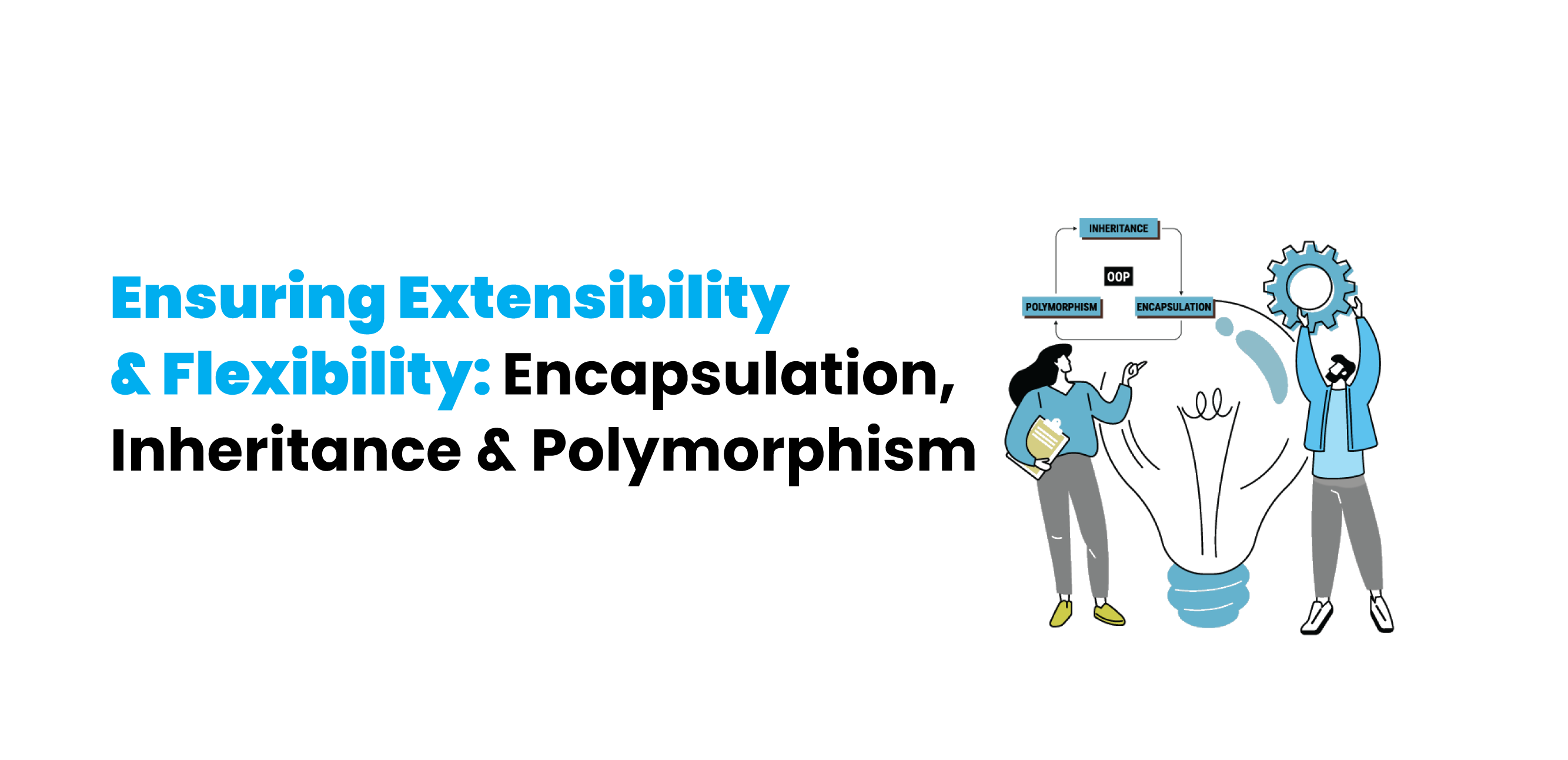
The greatest advantage of Object-oriented Programming is that it allows not only representation of real-world objects, but also the way they behave. It does so three important concepts: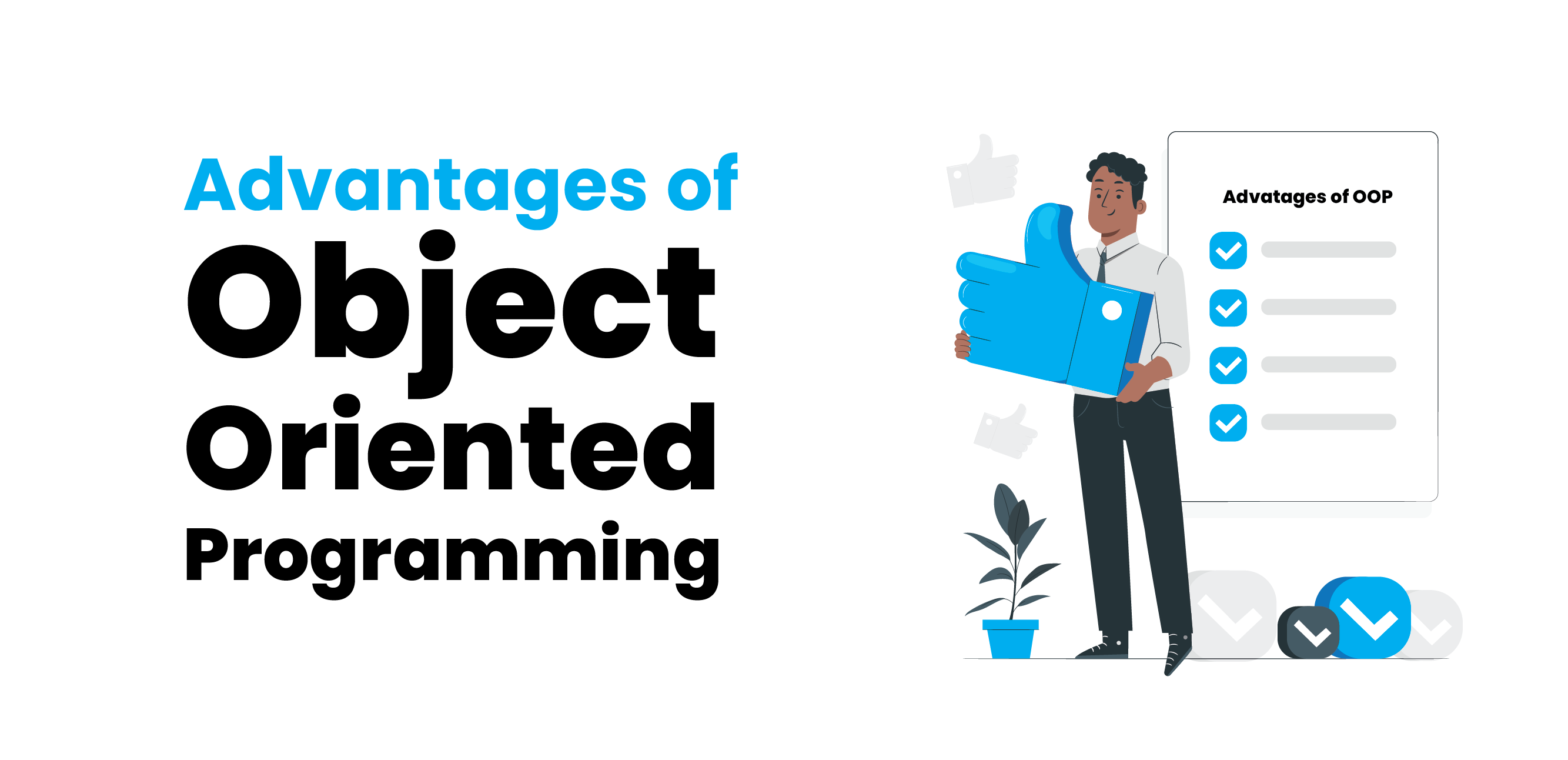
OOP offers several significant advantages that make it a must-know for freshers in the programming world: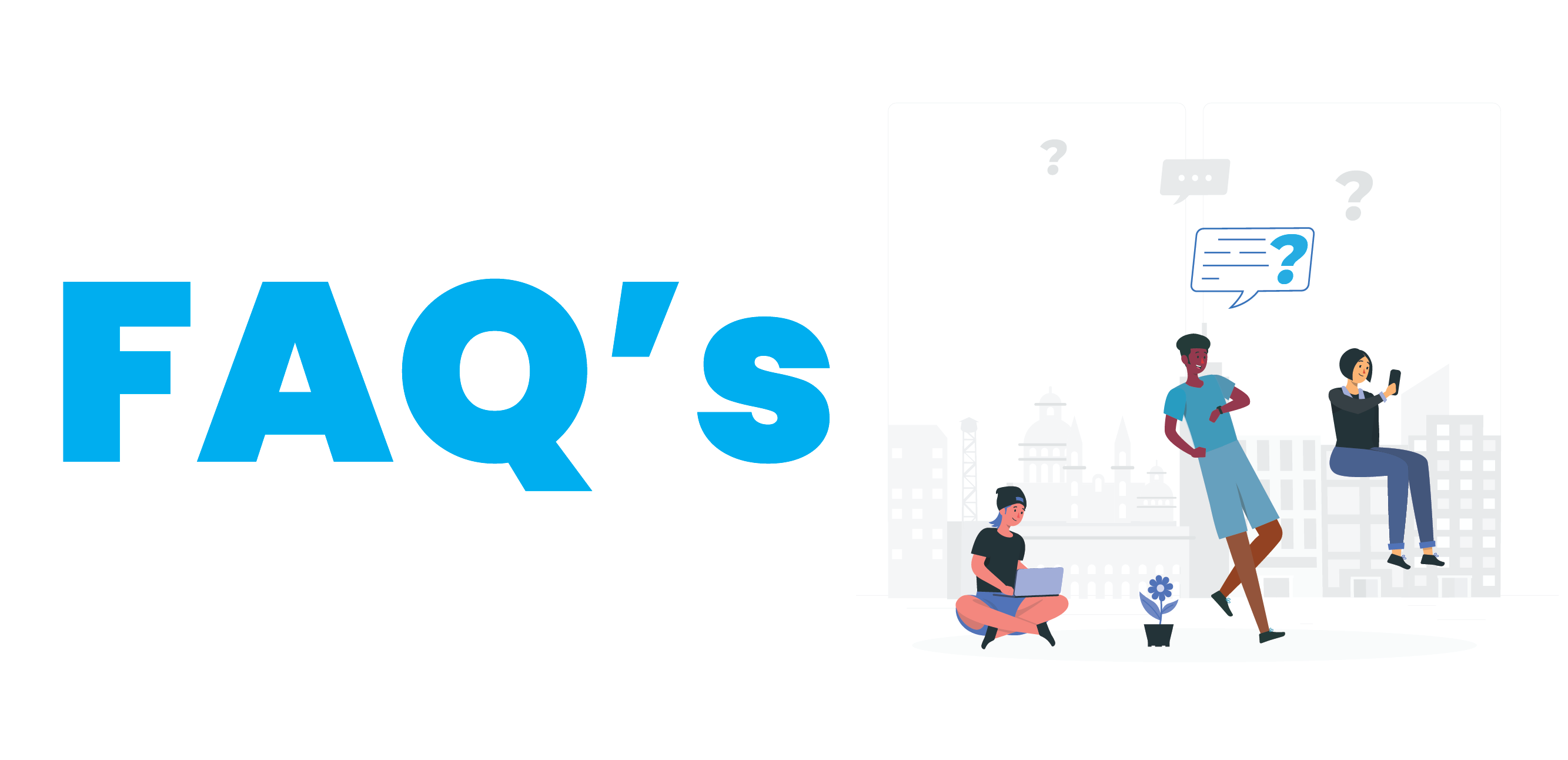

In today’s tech-dependent world, mastering OOP is an indispensable skill for freshers. These concepts will help them understand how to build real-world applications which are at the heart of every business today. Embracing OOP will undoubtedly serve as a solid foundation for the careers of aspiring programmers.
If you want to learn new skills to excel in your career then upGrad Campus Online Certification Course is here for you. With different industry relevant courses like Full stack web development, Data Science & Analytics, Artificial Intelligence & Machine Learning etc. you can unlock the world of possibilities.
Enhance your skills and stay ahead in a competitive job market.
- What is Object-Oriented Programming?
- Classes and Objects: The Building Blocks of OOP
- Advantages of Object-Oriented Programming
- FAQ
- Conclusion
This blog is specifically designed to demystify OOP and provide you with a solid foundation to master this programming approach.
What is Object Oriented Programming?

OOP is a programming paradigm that revolves around the concept of organising and structuring the code in a more efficient and modular way. It provides a set of principles and concepts that empowers coders to create software components that are both reusable and extensible. Before we delve into this further, let us understand the building blocks of Object Oriented Programming.
Classes and Objects: The Building Blocks of OOP

In the world of OOP, a class is like a blueprint that defines the structure and behaviour of objects. It acts as a template for creating multiple instances of objects with similar attributes and methods. An object, on the other hand, is an instance of a class, embodying the attributes and behaviours defined in that class.
For instance, consider a class called Pen. We will define two attributes associated with the class Pen - Color and Type. There are also things that a Pen can do, like Write(), Sketch(), Highlight(). These functionalities are tied to the Pen class and are called methods. There are things which a Pen can’t do like Eat(), Sleep(), and hence, they won't be defined in the Pen class.
With this Pen class as a blueprint, we can create 2 objects - RedPen and BlackPen. The Color and Type of RedPen could be red and ballpoint, respectively, while that of BlackPen could be black and ink. Both the objects - RedPen and BlackPen - have the capability to Write(), Sketch() and Highlight() as they are a part of the Pen class.
Ensuring Extensibility & Flexibility: Encapsulation, Inheritance & Polymorphism

The greatest advantage of Object-oriented Programming is that it allows not only representation of real-world objects, but also the way they behave. It does so three important concepts:
Encapsulation:
This is the process of bundling data (attributes) and methods (functions) that operate on that data within a single unit called an object. Encapsulation ensures data security and allows the object to control its internal state, preventing unwanted access and modification. In the Pen class example, methods Write(), and Sketch() are “encapsulated” to the object, while methods Eat(), Sleep() can never be used with Pen.Inheritance:
OOP enables a mechanism known as inheritance, where a class (a blueprint for an object) can inherit properties and behaviours from another class. Inheritance promotes code reuse and allows the creation of specialised classes based on existing ones, reducing redundancy and enhancing the structure of the code. For example, we can define another class called InkPen which will also inherit the attributes, Color and the methods Sketch() and Write() of the class Pen. Hence, these don’t have to be defined again for InkPen. Pen here is called the base class or the superclass and InkPen is called the derived class or the subclass.Polymorphism:
Polymorphism is the ability of objects to take on multiple forms or behave differently based on the context. It allows developers to write more generic code that can work with various data types or objects, leading to more flexible and adaptable applications. For example, the Write() method could be a part of the Pen class and it could also be a part of the Pencil class. Depending on the type of object that invokes Write(), this method will behave differently. This usage of multiple forms of Write() is called Polymorphism.Advantages of Object-Oriented Programming

OOP offers several significant advantages that make it a must-know for freshers in the programming world:
Modularity and Reusability:
OOP promotes modular programming, breaking down complex problems into smaller, manageable components (classes). These modules can be reused in various parts of the codebase, saving time and effort. For example, class Pen and class InkPen will share common features, which need to be defined only once and reused in both the classes. Code reusability enhances productivity and maintains consistency across the application.Maintenance and Scalability:
In OOP, objects are self-contained and independent entities. This means that changes in one part of the codebase do not affect other parts, making it easier to maintain and extend the application. For example, if we add a new attribute to the superclass Pen, say Grip, we don’t need to define it again in subclass InkPen. This way, we can keep adding more features to Pen and rest assured that they will flow into InkPen consistently without causing any errors. As the application grows, OOP allows for scalability without introducing chaos into the system.Code Readability:
OOP provides a clear and organised structure, enhancing code readability. The code is more easily understandable, making it simpler for developers to collaborate and maintain the codebase, even if multiple programmers are working on the same project.Encapsulation and Data Security:
Encapsulation ensures that the internal details of an object are hidden from the outside world, providing data security. Only specific methods, known as getters and setters, can access and modify the object's attributes, preventing unauthorised access and ensuring data integrity.Abstraction and Real-world Mapping:
OOP encourages developers to represent real-world entities as objects, making the code closer to the actual problem domain. This abstraction fosters clearer communication between developers and stakeholders, as the code aligns more closely with real-world concepts.FAQs

Q. What are the benefits of OOP over other programming paradigms?
A. OOP offers advantages such as modularity, code reusability, maintainability, code readability, and data security through encapsulation. It promotes clear separation of concerns, making it easier to manage complex projects and fostering a more organised development process.Q. Popular design patterns based on OOP principles?
A. Some popular design patterns based on OOP principles are Singleton, Factory, Observer, and MVC (Model-View-Controller). These patterns provide standardised solutions to commonly occurring problems in software design and development.Q. How is the knowledge of OOP helpful for freshers?
A. OOP knowledge is valuable for freshers as it enables them to build efficient, scalable, and maintainable code. Understanding OOP principles such as encapsulation, inheritance, and polymorphism empowers freshers to create modular and reusable software components, making them better equipped for successful careers in software development.Conclusion

In today’s tech-dependent world, mastering OOP is an indispensable skill for freshers. These concepts will help them understand how to build real-world applications which are at the heart of every business today. Embracing OOP will undoubtedly serve as a solid foundation for the careers of aspiring programmers.
If you want to learn new skills to excel in your career then upGrad Campus Online Certification Course is here for you. With different industry relevant courses like Full stack web development, Data Science & Analytics, Artificial Intelligence & Machine Learning etc. you can unlock the world of possibilities.
Enhance your skills and stay ahead in a competitive job market.






Add a Comment